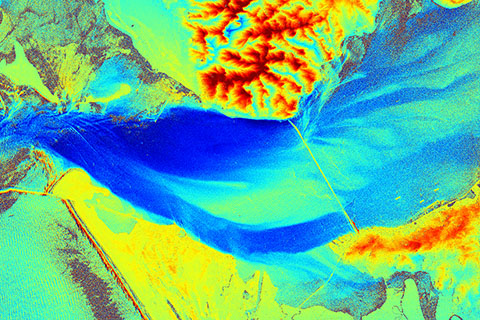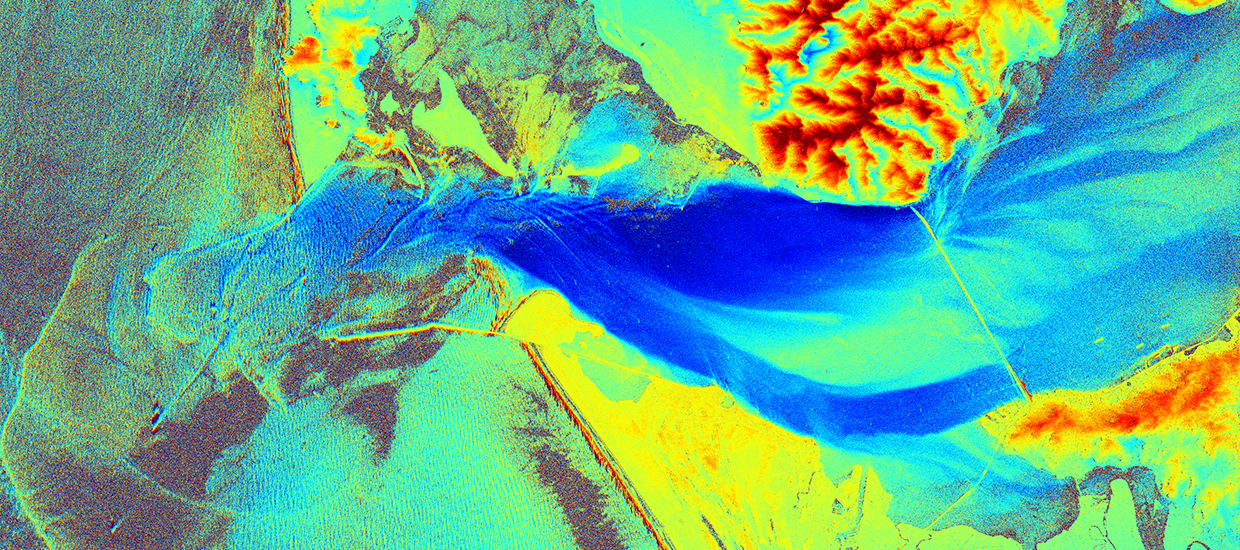Remote sensing technologies enable researchers to acquire high-resolution satellite imagery and obtain near-real-time measurements. They have become an indispensable tool for numerous applications including disaster response and environmental monitoring.
The Applied Remote Sensing track comprises courses on the physics of active and passive remote sensing techniques, the use of Geographic Information Systems (GIS), and a choice of additional courses in the fields of ocean sciences and atmospheric sciences. This allows students to optimize their curriculum according to their individual strengths, interests, and career plans. Our students have opportunities to gain hands-on experience and network in a professional environment at an institution of their choice during their required MPS internship. The track is offered through the Rosenstiel School and the Center for Southeastern Tropical Advanced Remote Sensing (CSTARS) . CSTARS is a leading remote sensing institution with direct access to data from various satellites and excellent connections to data users and partner institutions worldwide. This track is also appropriate for those already in the workforce and looking to expand their skills.
Prerequisites:
Bachelor of Science degree in Mathematics, Physics, Geosciences, Engineering or an equivalent degree. Successful completion of the following (or equivalent) undergraduate courses: Calculus, Statistics, Physics, Computer Programming (Matlab, IDL, C, or Fortran)
Course topics:
Statistics, Geographic Information Systems (GIS), radar remote sensing, physics of remote sensing, physical oceanography, natural hazards, ocean systems engineering
Example job titles :
- Technical Lead, Solar Engineering
- Public Policy Consultant, US Government
- Geospatial Software Engineer






